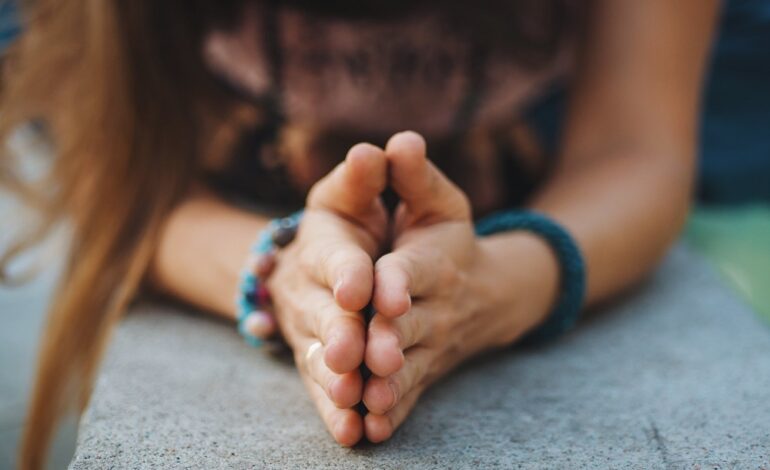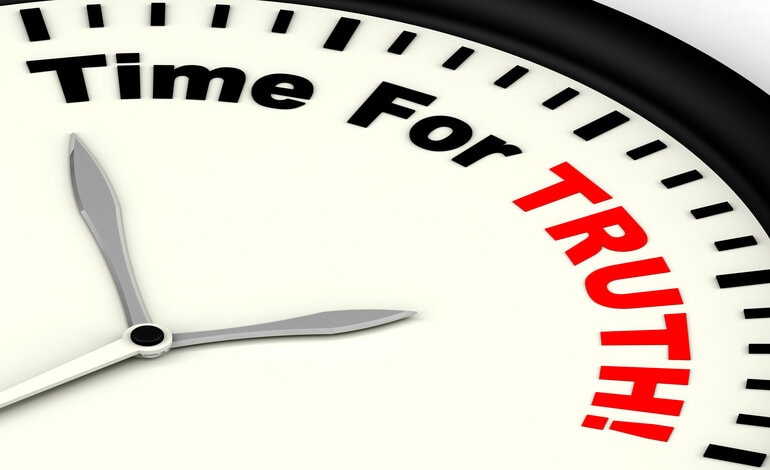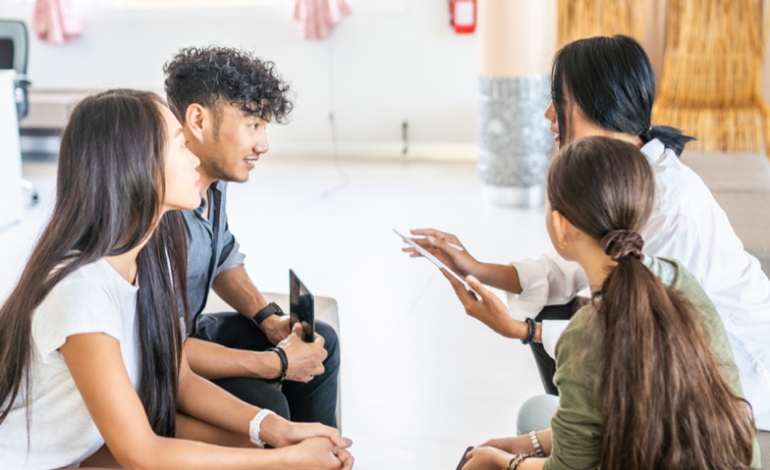The holidays can be a joyous time to spend with family and friends and get into the festive holiday spirit, but for many, this time of year can also bring an insurmountable amount of stress and grief. Being in recovery during the holidays can sometimes bring feelings of loneliness or even temptation. Maybe you are triggered by specific conversations you had with a family member last Christmas and, as a result, feel the need to avoid family gatherings. Perhaps you feel compelled to shop all of the holiday sales as a way to fill your urge to drink again. Or maybe you feel pressured to attend your holiday work party, knowing that there will be alcohol present.
The holidays can bring unwanted triggers and stress, no matter at which stage you are at in your recovery journey. The end of the year can be stressful for anyone. You may be overwhelmed with thoughts about not finishing your year-end goals or the idea of another year passing. Stress levels can quickly rise, and old patterns and behaviors can emerge. Practicing and expressing gratitude around the holiday season can help solidify your recovery and help you appreciate and enjoy the holidays a bit more.
Why gratitude?
You most likely learned about gratitude while in treatment. Your therapist may have mentioned how selfishness and addiction usually coincide. An individual who is struggling with a substance use disorder often has the mindset of “me against the world.” The world is out to get them, and this selfish mindset can further fuel their addiction. Mindfulness helps break this thinking pattern and enables you to focus on positivity and control. Expressing gratitude while in recovery can allow us to take control of our thoughts and actions. Although we may not be able to control the world, we can control how we react to the world. Gratitude allows us to adopt this mindset. Whether it is keeping a gratitude journal, meditating, or showing gratitude towards others; practicing gratitude in recovery has been shown to increase happiness, improve clear thinking patterns, enable individuals to take on more significant challenges, and adopt more self-control.
How to practice gratitude during the holidays
Holiday shopping, parties, decorations, and family gatherings may seem overwhelming, but taking the time to be thankful that you are around to experience another holiday season can put all the hustle and bustle into perspective. You have another chance at life; think about that for a second. Not only are you in recovery, but also you were allowed to spend time with family, reconcile, and listen to yet another season of Christmas music. Not everyone has this chance.
Giving is better than receiving
Boundaries on holiday spending and gifts are essential; however, the act of giving can increase gratitude immensely. Watching the joy and appreciation of a loved one’s face after you have gifted them something special is hugely gratifying. Due to finances, you may have to pick and choose who you shop for during the holidays but take some time and thought into the gift-giving process. You will most likely receive more out of giving than you expected.
Be grateful in your recovery
Recovery is a gift that you have worked very hard to obtain. Make sure you continue to take time each day to focus on the positives in your recovery during this holiday season. Be thankful for those individuals who have helped you during your recovery process: family, friends, therapists, social workers, and individuals you have met along the way; they all played an extraordinary role. Make sure you are still attending community groups, therapy sessions, or meetings during the holidays and try to reach out to others who may be in need.
Volunteer
Your time and energy is an act of giving and a great way to express gratitude for where you are in your recovery. Whether it is volunteering at a homeless shelter, helping others along their recovery journey, or serving those in your community, the opportunities to volunteer are everywhere, especially during the holiday season. By engaging in service to others, you will find a new appreciation for your life, for others, and yourself.
Gratitude is more than saying “thank you.” Studies have shown that gratitude promotes positive well-being in a surprisingly large amount of ways and is encouraged among the mental health community.
Staying connected through gratitude
Gratitude can strengthen and improve relationships as well as promote new connections. Research shows those who practice gratitude are more likely to offer emotional support and assistance, share their possessions with others, and forgive more willingly. Consequently, grateful people are rated as more helpful and generous by their social networks than those who are relatively less grateful. Expressing gratitude for positive people around you can help those struggling with mental health disorders such as depression and anxiety. Anxious individuals could potentially feel more at ease when they express gratitude and share their experience with others. Staying connected within your community, whether through friends, support groups, hobbies/activity groups, can promote emotional and mental healing and growth.
Gratitude improves mental health
A large study conducted by Virginia Commonwealth University showed that thankfulness predicted a significantly lower risk of major depression, generalized anxiety disorder, phobia, nicotine dependence, alcohol dependence, and drug abuse. Coping with anxiety or depression around the holidays can be stressful as the holiday season can be a trigger for low moods, the urge to use drugs or alcohol, or a trigger for loneliness; however, practicing gratitude daily around the holidays can potentially reduce cravings and negative triggers.
Gratitude, holiday shopping and the “have-nots”
Everyone will always have more than some and less than others. There will always be someone better than you at something, and you will always be better at something than someone else. Looking at the gratitude glass “half full” rather than “half empty” around the holidays can keep you in better spirits. Constantly expressing gratitude for what you do have instead of worrying about what you don’t have can make you appreciate your life. As a society, we compare ourselves to others and, oftentimes, focus on what we want instead of being grateful for the things we have, even if they are simple things. This holiday season, try focusing on the haves rather than the have-nots and make it a point to give more rather than receive from others. This can greatly impact holiday shopping, as the thankful holiday shopper is less impulsive and less of a consumerist. He makes wiser decisions with his money, focusing on his long-term financial health because when you practice gratitude, the impulse you feel about spending calms down.
Expressing gratitude after the holiday season
Saying grace at Thanksgiving and giving to others around Christmas are positive mindsets; however, gratitude should be expressed and practice all year around. Although battling a mental health disorder are more prone to develop symptoms around the holidays, they are still at risk for low moods and unsafe behaviors after the holidays have ended. Many therapists and counselors incorporate gratitude into their therapy techniques and encourage individuals to practice gratitude throughout the year.
We are here for you!
We are committed to the health and safety of you and/or your loved ones, and we are FULLY OPEN & OPERATIONAL. At Akua Mind & Body, the safety of our Clients is our top priority. We are aware of the increased fear and anxiety among most people regarding the current pandemic. Hence, we are doing everything that we can to keep healthfulness and safety.
If you or someone you love is struggling with a mental health illness or substance use and addiction disorder, we can help now more than ever! Akua Mind & Body provides an integrative treatment approach with multiple levels of care from detox, residential to virtual outpatient programs. With several facilities throughout the Sacramento Region, Los Angeles & Orange County Region, and San Diego Region, we aim to provide our clients with a solid foundation for healing and transformation. Gender specific and Co-ed facilities available.
Call our 24/7 admissions helpline to seek help today!




